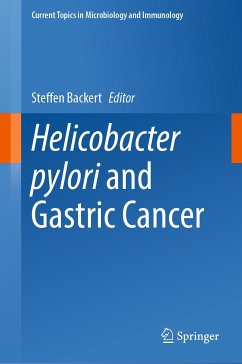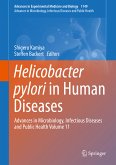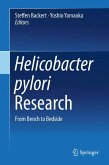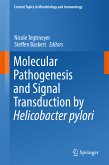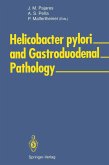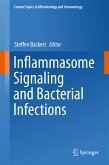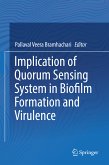Helicobacter pylori is an extremely successful pathogen that persistently colonizes the gut of about 50% of the world's population. H. pylori and its human host share a long co-evolutionary relationship that dates back for at least last 100,000 years and possibly longer. Infection by this bacterium is a high-risk factor for the development of gastric diseases, including gastric cancer. Gastric cancer is associated with high morbidity and mortality and represents the 5th most common malignant tumour and the 4th leading cause of cancer-related death worldwide. H. pylori is the first bacterium that has been classified as a type-I carcinogen by the International Agency for Research on Cancer (IARC). Recent research progress identified crucial bacterial, host and environmental factors which control H. pylori-induced gastric malignancy. New studies also suggest that specific human germline mutations and other genetic aberrations have an important impact on H. pylori-induced pathology. In this volume, all these recently discovered mechanisms are reviewed in the light of gastric cancer development, and H. pylori epidemiology, virulence factors, immune evasion, pathophysiology, cancer signalling and novel therapeutic protocols are presented.
This volume is aimed at researchers in the fields of immunology, genetics, microbiology and medicine who are interested in the detailed mechanisms of the pathogenicity of this carcinogenic stomach bacterium.
Dieser Download kann aus rechtlichen Gründen nur mit Rechnungsadresse in A, B, BG, CY, CZ, D, DK, EW, E, FIN, F, GR, HR, H, IRL, I, LT, L, LR, M, NL, PL, P, R, S, SLO, SK ausgeliefert werden.

